I think you're referring to environment variables, in order to test that out locally it will vary per the stack you use for creating the app, if you use react create app you can create a .env file in the root of your project and populate the values
REACT_APP_SERVICE_ID ="your_value"
REACT_APP_TEMPLATE_ID ="your_value"
REACT_APP_USER_ID ="your_value"
Don't forget to exclude this file from git, to avoid pushing secrets in your repo. to do that add this to your .gitignore
.env
After that you can call the variables in your code using the process.env like this:
process.env.REACT_APP_SERVICE_ID
Now modify the code:
function sendEmail(e) {
// Your code
emailjs.sendForm(process.env.REACT_APP_SERVICE_ID, process.env.REACT_APP_TEMPLATE_ID, e.target, process.env.REACT_APP_USER_ID)
// your promise
}
To make that work in netlify you would have to add the variable in your netlify project, follow this section to do that: https://docs.netlify.com/configure-builds/environment-variables/#declare-variables
As you noted I added the prefix REACT_APP_, this is because react create app does this:
Note: You must create custom environment variables beginning with
REACT_APP_. Any other variables except NODE_ENV will be ignored to
avoid accidentally exposing a private key on the machine that could
have the same name. Changing any environment variables will require
you to restart the development server if it is running.
If you are using gatsby or nextjs the env variables naming convention might change so please be aware of that.


